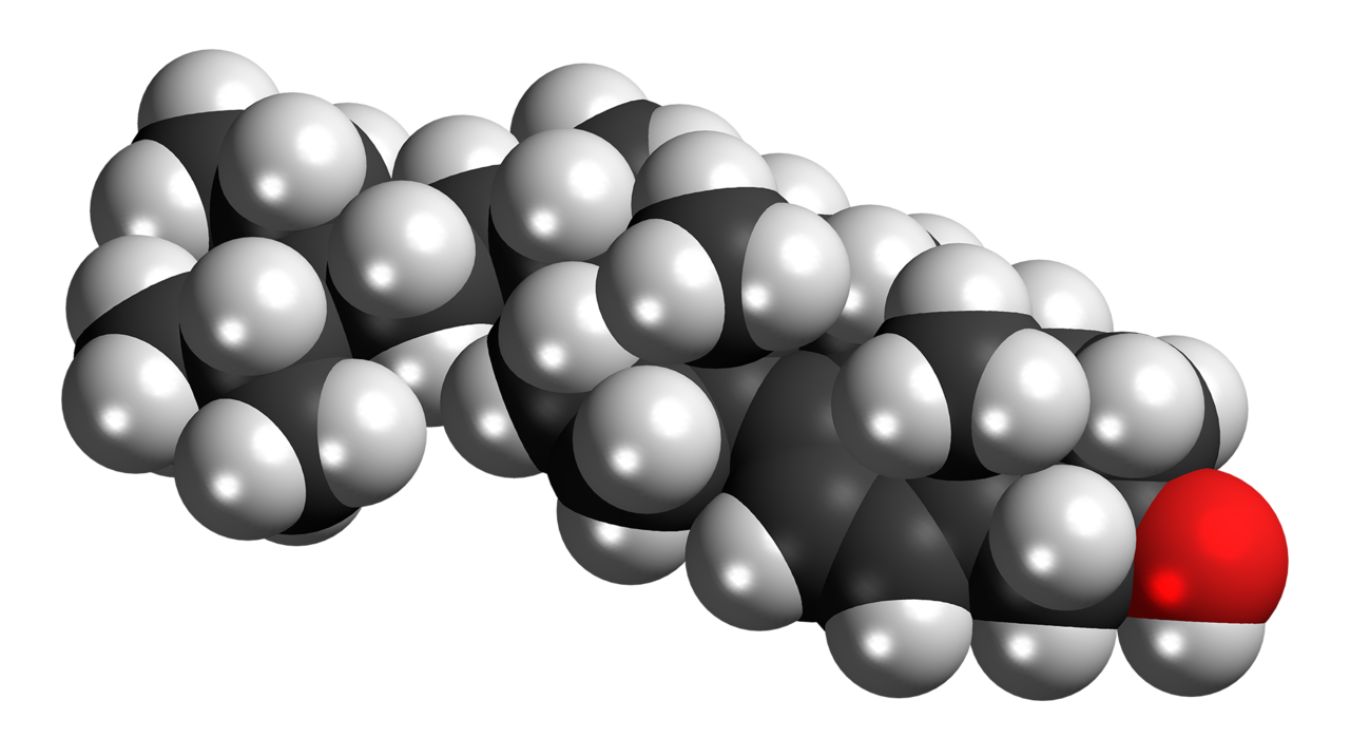
What is 7-Dehydrositosterol? This question might sound complex, but it's simpler than you think. 7-Dehydrositosterol is a plant sterol, a type of compound found in plants that resembles cholesterol in animals. These sterols are essential for maintaining cell structure and function in plants. They also have potential health benefits for humans, such as lowering cholesterol levels. Found in various fruits, vegetables, nuts, and seeds, 7-Dehydrositosterol is part of a healthy diet. Curious about how this plant sterol works and its benefits? Let's dive into 25 fascinating facts about 7-Dehydrositosterol that will help you understand its importance and role in both plant and human health.
Key Takeaways:
- 7-Dehydrositosterol, found in plants, helps lower cholesterol and supports heart health. It's in nuts, seeds, and fortified foods. Research suggests potential anti-inflammatory and cancer-fighting properties.
- 7-Dehydrositosterol, a unique plant sterol, has environmental benefits and promising future applications. It may be used in new pharmaceuticals and functional foods, with ongoing research uncovering more health benefits.
What is 7-Dehydrositosterol?
7-Dehydrositosterol is a lesser-known compound with some fascinating properties. It's a type of sterol, which is a subgroup of steroids. Let's dive into some intriguing facts about this compound.
-
7-Dehydrositosterol is a plant sterol, meaning it is found in plants and contributes to their structure.
-
This compound is similar to cholesterol in animals but functions differently in plants.
-
It plays a role in the biosynthesis of other important sterols in plants.
Chemical Structure and Properties
Understanding the chemical structure of 7-Dehydrositosterol helps in grasping its unique properties and functions.
-
The molecular formula of 7-Dehydrositosterol is C29H48O.
-
It has a double bond at the 7th position in its sterol ring structure, which differentiates it from other sterols.
-
This double bond affects its stability and reactivity compared to other sterols.
Biological Functions
7-Dehydrositosterol isn't just a structural component; it has several biological functions.
-
It helps in maintaining the integrity of plant cell membranes.
-
This sterol is involved in the regulation of plant growth and development.
-
It can influence the fluidity and permeability of cell membranes.
Health Implications
While 7-Dehydrositosterol is primarily found in plants, it can have implications for human health when consumed.
-
Plant sterols, including 7-Dehydrositosterol, can help lower cholesterol levels in humans.
-
They compete with cholesterol for absorption in the digestive system, reducing overall cholesterol uptake.
-
Consuming foods rich in plant sterols can contribute to heart health.
Sources of 7-Dehydrositosterol
Knowing where to find 7-Dehydrositosterol can help in incorporating it into your diet.
-
It is present in various plant-based foods like nuts, seeds, and vegetable oils.
-
Fortified foods, such as certain margarines and dairy products, also contain added plant sterols.
-
Supplements are available that provide concentrated doses of plant sterols, including 7-Dehydrositosterol.
Research and Studies
Ongoing research continues to uncover more about 7-Dehydrositosterol and its potential benefits.
-
Studies have shown that plant sterols can reduce LDL cholesterol by up to 10%.
-
Research is being conducted to explore its potential anti-inflammatory properties.
-
Scientists are investigating its role in cancer prevention and treatment.
Environmental Impact
The production and use of 7-Dehydrositosterol can have environmental implications.
-
Plant sterols are considered environmentally friendly as they are derived from renewable sources.
-
The extraction process from plants is generally sustainable and has a low carbon footprint.
-
Using plant sterols in food products can reduce the reliance on synthetic additives.
Future Prospects
The future of 7-Dehydrositosterol looks promising with potential new applications.
-
It may be used in developing new pharmaceuticals targeting cholesterol-related conditions.
-
There is potential for its use in functional foods aimed at improving heart health.
-
Advances in biotechnology could lead to more efficient production methods for 7-Dehydrositosterol.
-
Continued research may uncover additional health benefits and applications for this versatile compound.
Final Thoughts on 7-Dehydrositosterol
7-Dehydrositosterol, a lesser-known compound, holds fascinating potential. Found in plants, it plays a role in cholesterol metabolism and vitamin D synthesis. Its antioxidant properties could offer health benefits, though research is ongoing. Understanding this compound helps us appreciate the complexities of plant-based nutrients and their impact on human health.
While not a household name, 7-Dehydrositosterol's contributions to science and nutrition are noteworthy. As studies continue, we may uncover even more about its benefits and applications. For now, it's clear that this compound is more than just a footnote in biochemistry.
Stay curious and keep exploring the wonders of science. You never know what hidden gems you'll find in the world of compounds like 7-Dehydrositosterol.
Frequently Asked Questions
Was this page helpful?
Our commitment to delivering trustworthy and engaging content is at the heart of what we do. Each fact on our site is contributed by real users like you, bringing a wealth of diverse insights and information. To ensure the highest standards of accuracy and reliability, our dedicated editors meticulously review each submission. This process guarantees that the facts we share are not only fascinating but also credible. Trust in our commitment to quality and authenticity as you explore and learn with us.
